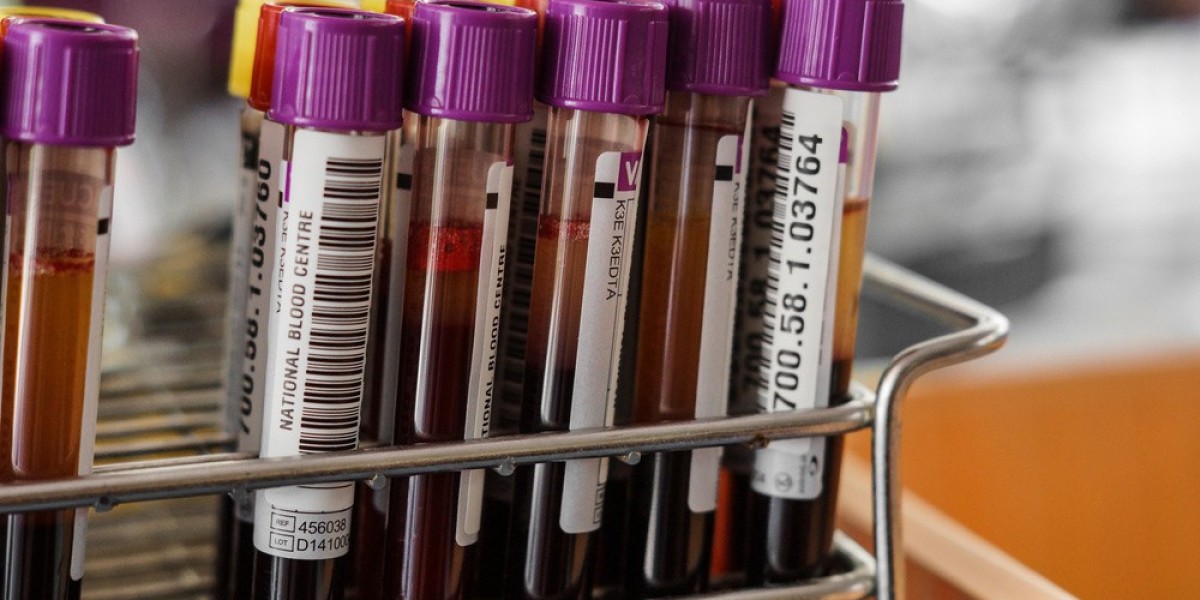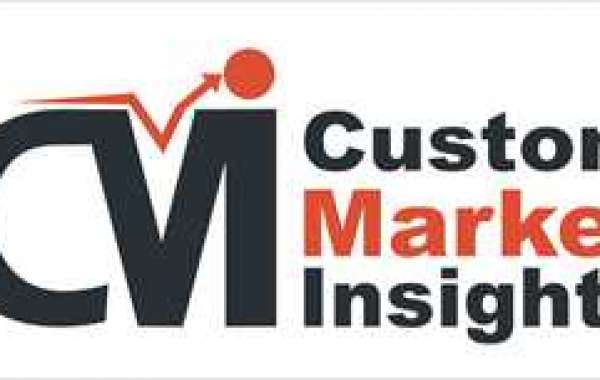What Are the Latest Treatment Options for Hematologic Malignancies?
Hematologic malignancies, including leukemia, lymphoma, and multiple myeloma, have seen significant advancements in treatment options over the past few years. Current therapies include:
Chemotherapy: Traditional chemotherapy remains a cornerstone of treatment for many types of hematologic cancers, often used in combination with newer therapies.
Targeted Therapy: Drugs like ibrutinib for chronic lymphocytic leukemia (CLL) and venetoclax have revolutionized treatment by specifically targeting cancerous cells while sparing normal cells.
Immunotherapy: CAR T-cell therapy has emerged as a groundbreaking option, utilizing a patient’s own immune cells to target and destroy cancer cells. Companies such as Novartis and Gilead Sciences are leading the charge in developing these therapies.
Stem Cell Transplantation: This remains a critical treatment for many patients, especially those with high-risk diseases, allowing for high-dose chemotherapy followed by the infusion of healthy stem cells.
By integrating these therapies, healthcare providers can tailor treatment plans to improve outcomes and minimize side effects for patients with hematologic malignancies.
What Are the Key Trends in the Hematologic Malignancies Market for 2024?
The hematologic malignancies market is poised for substantial growth in 2024, driven by several key trends:
Rising Incidence Rates: An increase in the incidence of hematologic cancers globally is propelling demand for innovative treatments. Factors such as an aging population contribute significantly to these trends.
Biopharmaceutical Innovations: Companies like AbbVie and Bristol-Myers Squibb are developing next-generation therapies, including bispecific T-cell engagers and novel monoclonal antibodies, that show promise in treating resistant forms of these cancers.
Regulatory Advancements: Accelerated approvals from regulatory bodies like the FDA for breakthrough therapies are helping to expedite patient access to cutting-edge treatments.
Investment in Research and Development: Significant investments from both established companies and startups are fostering innovations, with a focus on personalized medicine approaches that consider genetic profiles.
These trends suggest a dynamic market landscape that is continuously evolving to meet the needs of patients and healthcare providers.
What Recent Innovations Have Emerged in the Treatment of Hematologic Malignancies?
Recent innovations in the treatment of hematologic malignancies are revolutionizing patient care:
CAR T-cell Therapy: Pioneered by companies like Kite Pharma and Novartis, CAR T-cell therapy has shown remarkable success, particularly in treating refractory cases of lymphoma and leukemia. This approach harnesses the power of the patient’s immune system.
Gene Editing Technologies: CRISPR and other gene editing tools are being explored to target genetic mutations associated with various hematologic cancers. These technologies aim to provide more precise and effective treatments.
Next-Generation Sequencing (NGS): This technology allows for detailed genetic profiling of tumors, enabling personalized treatment plans that target specific mutations. Companies like Illumina are at the forefront of this innovation.
Nanotechnology: Emerging therapies utilizing nanoparticles for targeted drug delivery are being studied to improve the efficacy and reduce side effects of existing treatments.
These innovations highlight a shift toward more personalized, effective, and less invasive treatment options for patients with hematologic malignancies.
What Are the Demographics of Patients Diagnosed with Hematologic Malignancies?
Understanding the demographics of patients with hematologic malignancies is essential for developing targeted therapies and improving outcomes:
Age Distribution: Hematologic malignancies predominantly affect older adults, with a significant number of cases diagnosed in individuals over the age of 60. This demographic shift necessitates age-appropriate treatment strategies.
Gender Differences: Certain types of hematologic cancers show a gender disparity; for instance, men are more likely to be diagnosed with multiple myeloma than women.
Geographic Variations: Incidence rates vary globally, with higher prevalence observed in developed nations, partly due to better diagnostic capabilities and healthcare access.
Socioeconomic Factors: Patients from lower socioeconomic backgrounds may face barriers to treatment, including access to care and adherence to complex therapy regimens.
By recognizing these demographic factors, healthcare professionals can better tailor treatment strategies to meet the diverse needs of patients with hematologic malignancies.
| More info . | MarketResearchFuture | Hemoglobinopathies Market | ||
| Idiopathic Pulmonary Fibrosis (IPF) Treatment Market | ||||
| Companion Diagnostics Market |










